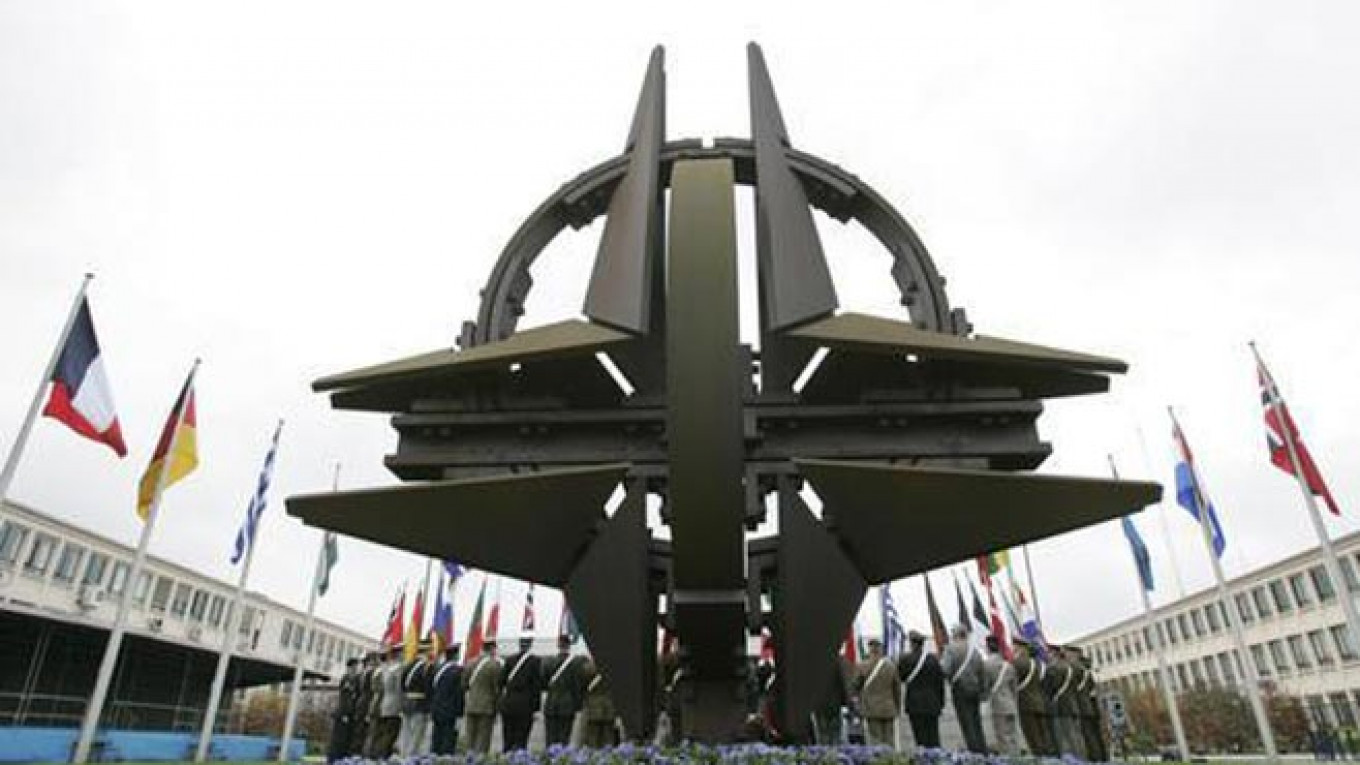Putin's invasion of the Crimea has been criticized for "not being 21st century enough," but even the 21st century itself hasn't been very 21st century lately with a Malaysian passenger jet simply vanishing. Now it turns out that we are not oversurveilled, but undersurveilled, at least where it can matter most — over the open seas.
In all our raptures over information technology erasing the boundaries of space and time, we forgot that the boundaries of space and time are still very much with us. The ocean is still vast.
And a quick glance at a map reveals that Russia would be ringed from the Baltic states to the Black Sea if Ukraine became part of the Western camp. At least 12 of NATO's 28 members are countries formerly controlled by the Soviet Union. And that was after the U.S. promised Gorbachev that if Soviet troops withdrew from West Germany, NATO would not move "one inch east." Putin is acting in the Crimea not because he is fearless and defiant of the West but because he is afraid of NATO, which has been busily outflanking Russia to the west. New NATO members with especially bad memories of Russia like Poland and the Baltic states really have nothing to fear from Russia even if they have a Russian-speaking minority. Russia will not send a single soldier into a NATO country.
Perhaps Moscow should even make that a public promise: "Not one inch west!"
Putin would seem to have two basic choices here: be satisfied with Crimea and let the other parts of eastern Ukraine that would almost certainly vote for secession remain as part of Ukraine. This will make Russia look more judicious than rapacious. More important, later on, if the need arises, those restive portions of the Ukrainian population could be stimulated more or less at will to take to the streets, protest and seize public squares. The European Union and NATO do not welcome countries with territorial or internal conflicts.
The other choice would be to annex the heavily Russian areas of eastern and southern Ukraine on the tried-and-true principle of "strike while the iron is hot."
The West also has some hard choosing to do. Sanctions severe enough to cause Russia real pain could cause painful sanctions in return. And Russia is too important to be isolated like Iran. Victory, whatever that exactly means, will not come from short-term sanctions. The U.S. and Europe should rather create a long-term plan to make Ukraine's economy dynamic because the example of a vibrant, free and prosperous Ukraine would do much more to undermine Putin's system of commodities-based authoritarianism, which will begin to falter as new centers of oil and gas production arise. But does the West have the vision, stomach and funds for that?
The most likely scenario at this point is:
• The Kremlin will not take any more Ukrainian territory beyond Crimea.
• The West will impose some sanctions, and the Russians will impose theirs in return.
• There will be a nasty but low-grade war of sanctions that will last about two years — until Hillary Clinton is elected president and declares a "reset of the reset."
Hopefully, by then the missing plane will have been found, and we can get back on with the glorious 21st century.
Richard Lourie is the author of "The Autobiography of Joseph Stalin" and "Sakharov: A Biography."
A Message from The Moscow Times:
Dear readers,
We are facing unprecedented challenges. Russia's Prosecutor General's Office has designated The Moscow Times as an "undesirable" organization, criminalizing our work and putting our staff at risk of prosecution. This follows our earlier unjust labeling as a "foreign agent."
These actions are direct attempts to silence independent journalism in Russia. The authorities claim our work "discredits the decisions of the Russian leadership." We see things differently: we strive to provide accurate, unbiased reporting on Russia.
We, the journalists of The Moscow Times, refuse to be silenced. But to continue our work, we need your help.
Your support, no matter how small, makes a world of difference. If you can, please support us monthly starting from just $2. It's quick to set up, and every contribution makes a significant impact.
By supporting The Moscow Times, you're defending open, independent journalism in the face of repression. Thank you for standing with us.
Remind me later.






